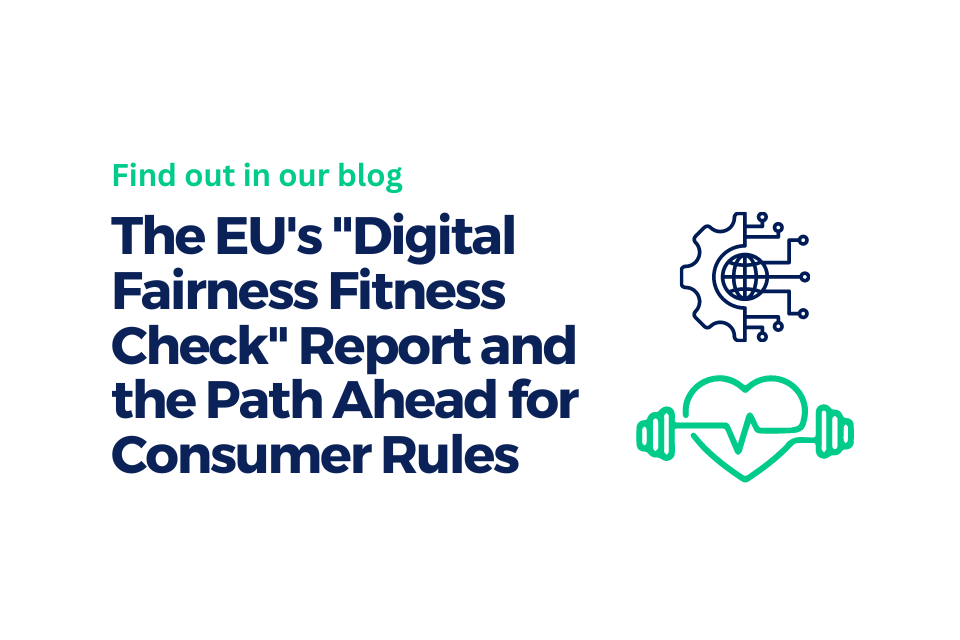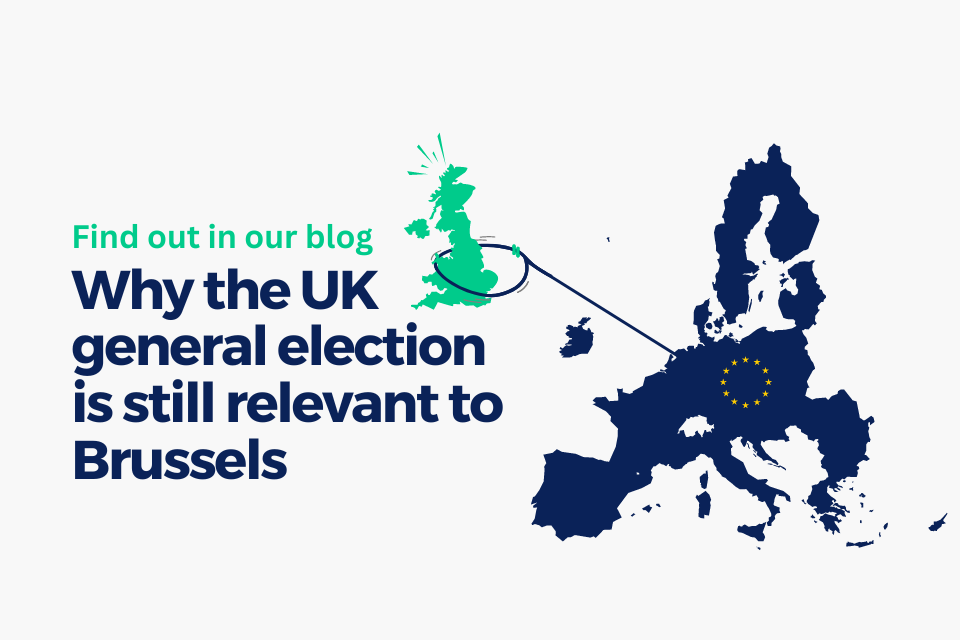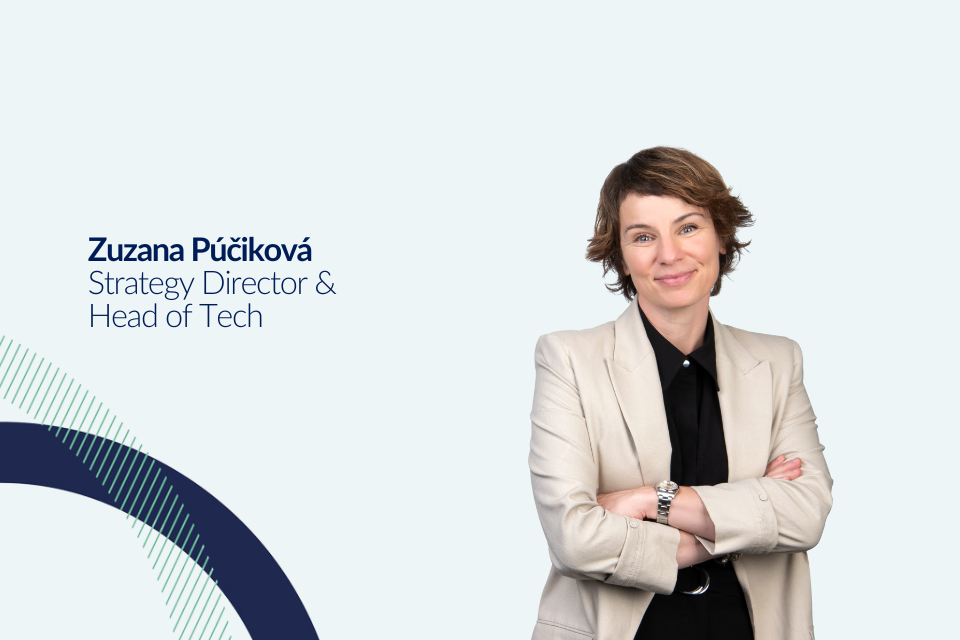Metaverse and Education: Time to Seize the Potential for Personalised and Gamified Learning
Written by Craig Willy (Supported by Gianluigi Vona).
Across the world, educators are increasingly grappling with the use of digital technologies. If students today are anything like I was in high school, many will be distinctly bored in the classroom. At the same time, many parents and policymakers worry about the impact on young people of excessive screen time spent on smartphones and computers.
But what if digital technologies like gamification and the metaverse are not a threat to education, but in fact hold the key to making learning more personalised, more compelling and, in fact, more human? And if this is the case, what practical measures and policies are needed to ensure these technologies are affordable and available to every student?
These are some of the issues policymakers need to balance as the European Union builds an enabling framework for virtual worlds, ensuring that these new technologies align with EU values, principles and fundamental rights.
Growing up with video games
Growing up in the 1990s, video games were a big part of my life. I can admit now that I was playing too much, but I can’t say I regret the time spent. Real-time strategy games made me think about investment trade-offs, resource allocation, adaptation to opponents and trying out different strategies to solve problems. In Western and Japanese roleplaying games (RPGs), you could live compelling stories – often quite tragic and poignant – and experiment with different characters with distinct personalities, resulting in different life experiences and trajectories.
There was, however, no synergy between my gaming and my formal learning, in fact, it only detracted from my homework and studying. Even today, as computers and smartphones utterly pervade our societies and daily lives, education systems seem stuck in a pre-internet age.
This is despite the significant disadvantages of an overreliance on traditional physical classroom education: with perhaps 30 or so kids sitting in class for 6-8 hours a day, with lack of personalisation and a single pace independent of the learner needs.
Education systems are increasingly tapping into the power of tech
Having said this, education systems have been increasingly using digital technologies. The COVID-19 pandemic led to an explosion in online distance learning. But this, if anything, has tended to reproduce the traditional classroom style in an even less compelling virtual format.
More positive, in my view, has been the rise of Massive Open Online Courses (MOOCs). These have enabled millions of people (including yours truly) to take courses in the most diverse areas. Typical advantages include: learning at one’s own pace and great facilitation of lifelong learning throughout people’s careers.
Gamified learning and the metaverse, as a complement to traditional classroom teaching, present at least four big advantages: learning can become more personalised, more self-paced, more interactive and more compelling. This could enable learners to be more autonomous, more effective and more motivated. And this same technology could even help teachers, with less time spent lecturing enabling more time to engage in one-on-one mentoring and small group work.
Policymakers are recognising the power of Metaverse and games for education
Policymakers are increasingly bringing attention to the potential of video games and the metaverse in education. The European Commission Strategy on Virtual Worlds highlighted that digital learning technologies, culminating in the metaverse, can provide “a more experiential learning process [which] can help learners grasp abstract or complex subjects more easily, accelerating their learning and understanding of the world”.”.
Other societies are also seeing untapped potential for digitised learning. The United Arab Emirates’ white paper on the metaverse notes that: “The metaverse can be used to supplement in-class instruction by providing students with additional resources and activities that they can access outside of class allowing students to reinforce concepts and skills learnt in the classroom.” The UAE paper notes that metaverse-based learning is already happening in healthcare and engineering, and that digital learning can be better personalised to individual needs to ensure “no child is left behind.”
The UN recently published an article noting that, with 3 billion gamers worldwide, “the video games industry has the potential to inform and engage vast audiences on global matters, and contribute to the global development agenda.” Indeed, games have already been used to raise awareness on issues like smoking, HIV/AIDS and other sexual health issues, and sustainability.
In a recent interview, Darren Vukasinovic, an immersive artist (one working with virtual reality and walk-in “augmented reality” environments), goes even further. He argues that video games and virtual experiences can cultivate good habits by reinforcing “positive neural pathways and behaviours” and fostering empathy. Vukasinovic says digital technologies can create “actual ‘experiences’ that people haven’t had (and maybe could never have) in the ‘real world’.” This can enable people to shift their perspective from their own worldview to somebody else’s.
The potential of video games in education is being increasingly recognised in EU circles. A recent study on the value of video games in Europe, published by the European Commission, noted that video games can be used in service of the Old Continent’s formidable cultural inheritance: “video games are an important tool for heritage education as they provide an engaging and interactive way to educate people… Video games are a powerful way to interact with a topic”.
Gamified education would not necessarily be antisocial. Like Massively Multiplayer Online Games (MMOs), it could enable students to cooperate, learn together and solve problems in joint missions. Point systems and badges can have an uncanny effect in motivating “completionists” to achieve everything possible.
There is no going back
Ultimately, digital learning technologies, culminating in the metaverse give us the ability to create learning experiences transcending the constraints of the physical world. We will be able to create experiences maximising student autonomy, motivation, good habits and learning.
Much remains to be done to ensure the right conditions are in place. The above-mentioned EU study recognises that there is “not enough collaboration between educationalists and the video game industry”. The metaverse industry argues that to actualise the benefits of the metaverse, the EU needs bolder strategies and financial commitments to match the scale of this tech revolution.
Governments more generally should provide subsidies or financial incentives to make immersive technology more affordable for educational institutions, healthcare facilities and underserved communities. We need to boost digital infrastructure investment, especially to bridge urban-rural divides and ensure equitable access to digital technologies. Protective measures also need to be in place to prevent cybersickness, bullying and privacy violations, particularly to ensure the health and well-being of young people.
From oral poetry through the printing press to the Internet, the way humans have generated and passed on culture has always changed with new communication technologies. Change is coming no matter what! As the argues in a policy brief stressing the need to engage teachers in the creation of the educational Metaverse: “Make no mistake that the metaverse is coming.” The authors add that “it is our job to specify how engagement in this always-on, virtual universe augments education rather than detracts from it and how it can preserve the key socially interactive qualities that are core to how humans learn.”
In short, there needs to be more dialogue and engagement between tech developers, educators, policymakers and others on the potential of digital for education. When the right conditions have been set, young people, teachers and lifelong learners will all be able to reap the benefits of gamified learning and the educational metaverse.


